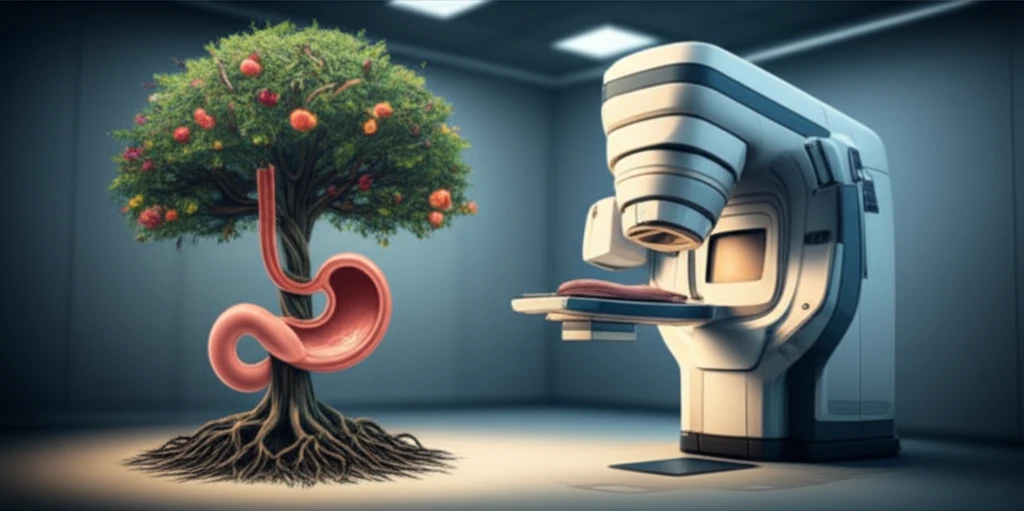
Esophageal Cancer and Radiotherapy: A Guide to Enteral Nutrition
"Expert Recommendations for Maintaining Nutritional Health During Esophageal Cancer Radiotherapy"
Esophageal cancer (EC) presents a significant health challenge globally. In treating EC, radiation therapy plays a crucial role, however, it often leads to malnutrition. This is because the treatment's side effects can make eating difficult, reducing patients' overall nutritional intake. Addressing this malnutrition is essential for improving treatment outcomes and patients' quality of life.
Malnutrition in EC patients can increase the side effects of radiotherapy, reduce the treatment's effectiveness, and prolong hospital stays. Therefore, timely and appropriate nutritional support is vital. Enteral nutrition (EN), which involves delivering nutrients directly to the digestive system, is a key strategy for maintaining nutritional health during radiotherapy.
To provide clear guidance on this critical aspect of cancer care, a panel of experts from the China Society for Nutritional Oncology has developed a consensus on the use of EN in EC patients undergoing radiotherapy. This consensus offers practical recommendations for nutritional screening, assessment, counseling, and the implementation of EN strategies to optimize patient outcomes.
Why is Nutrition So Important During Radiotherapy for Esophageal Cancer?

Radiotherapy for EC can lead to various side effects that significantly impact a patient's ability to eat and absorb nutrients. These side effects include esophagitis (inflammation of the esophagus), odynophagia (painful swallowing), and esophageal narrowing, all of which can reduce food intake and lead to malnutrition. Malnutrition not only weakens the patient but also interferes with the effectiveness of the cancer treatment itself.
- Psychological distress: Cancer diagnosis can lead to depression and anxiety, reducing appetite.
- Physical Obstructions: The tumor itself or enlarged lymph nodes can cause difficulty swallowing.
- Metabolic Changes: The body's metabolism is altered by the cancer, increasing nutritional needs.
- Treatment Side Effects: Radiotherapy can cause pain and inflammation, making eating uncomfortable.
Key Takeaways: Optimizing Nutrition for Better Outcomes
The expert consensus provides actionable strategies for managing nutrition in EC patients undergoing radiotherapy. Implementing these recommendations can lead to improved treatment tolerance, better clinical outcomes, and enhanced quality of life.
Regular nutritional screening and assessment are crucial for identifying and addressing malnutrition early.
A multidisciplinary approach, involving radiation oncologists, physicians, nurses, and dietitians, is essential for delivering effective nutritional support throughout the treatment journey.
